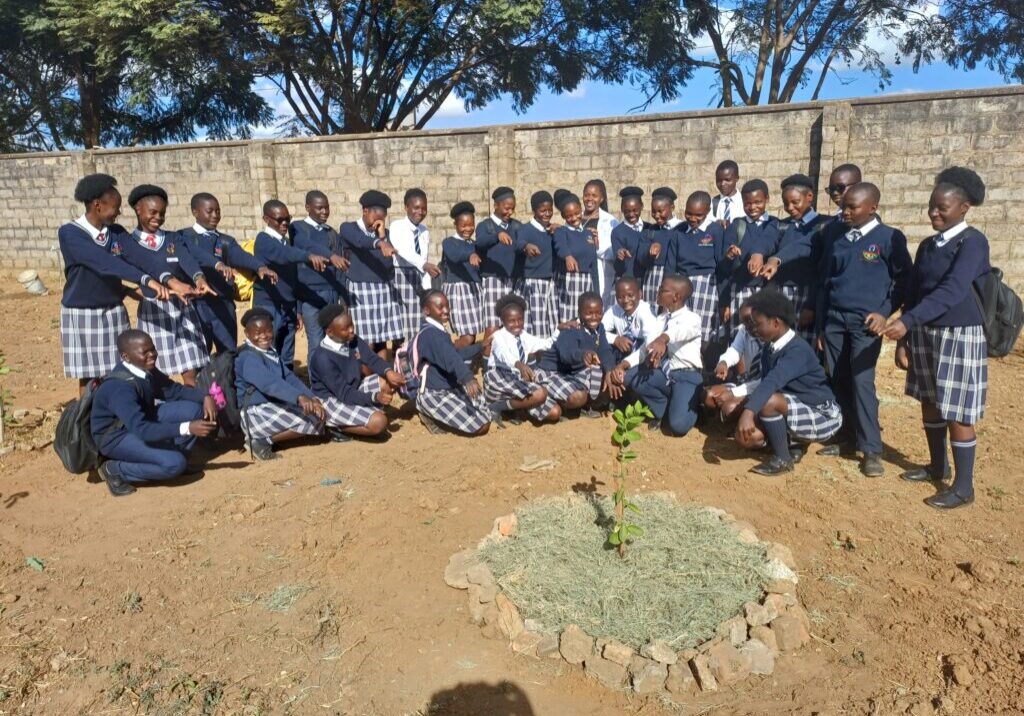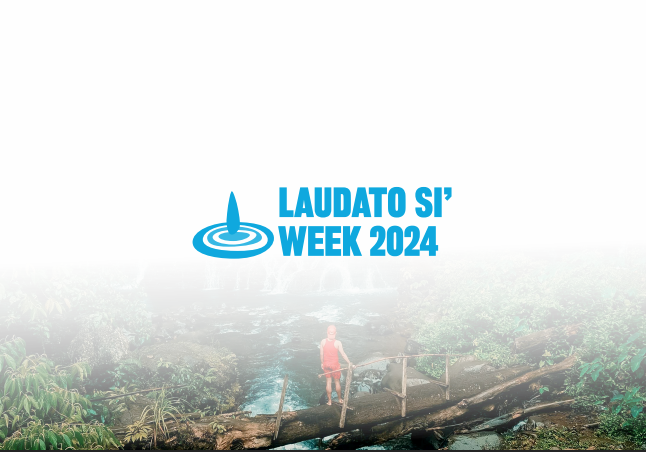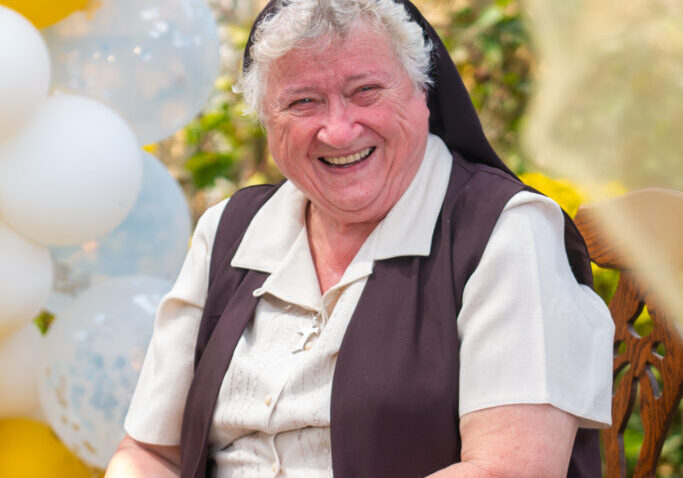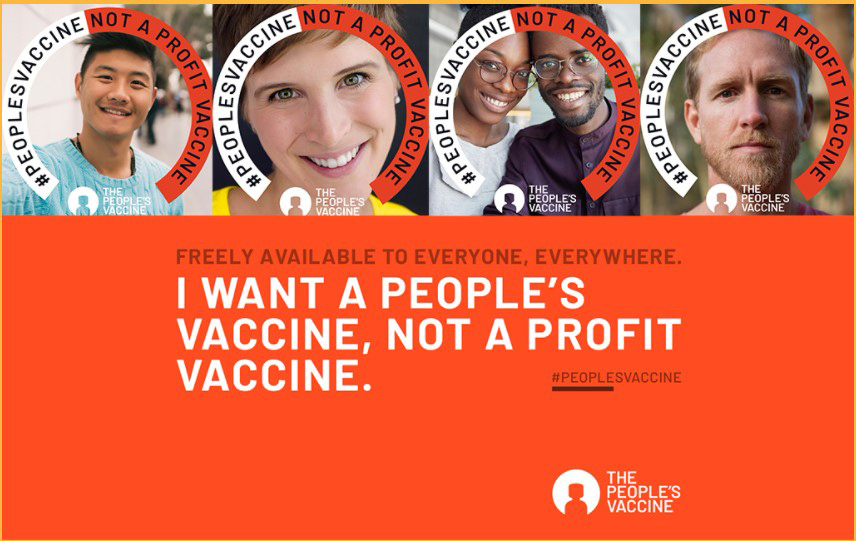
December 2021
Misean Cara Project Officer for Health, Niamh Caffrey, says it’s time to stop the stalling on vaccine equity for developing nations—for the good of us all—with new variants resulting from a lack of global herd immunity.
The emergence of the Omicron COVID-19 variant last month has proved, beyond doubt, that no one is safe, until we are all safe. Also beyond doubt is that global vaccine inequality—and the injustice, fear, and economic interests that largely drive it—is the root cause of this new and most recent COVID-19 variant currently sweeping the planet. I haven’t just written this statement to alarm you into reading further, but because, unfortunately, it is based in fact.
If we look at statistics of those who are fully or partially vaccinated against COVID-19, the disparities between the world’s rich and poor nations are apparent. The Democratic Republic of the Congo, for example, has vaccinated a mere 0.1% of its population *1. Meanwhile, higher-income nations are hoarding supplies of vaccines (including stocks yet to be manufactured) and vaccine manufacturers are providing first access to countries with the resources to pay a premium for doses.
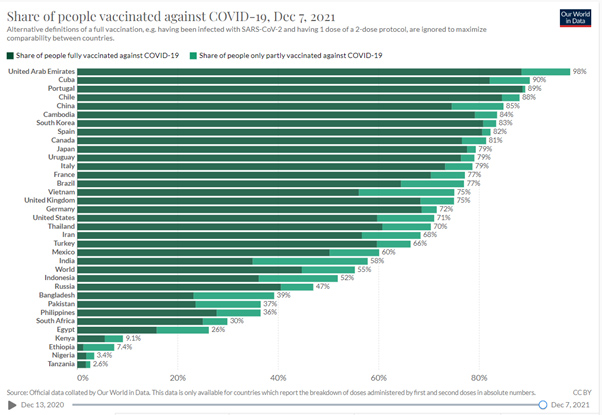
Image source: https://ourworldindata.org/covid-vaccinations 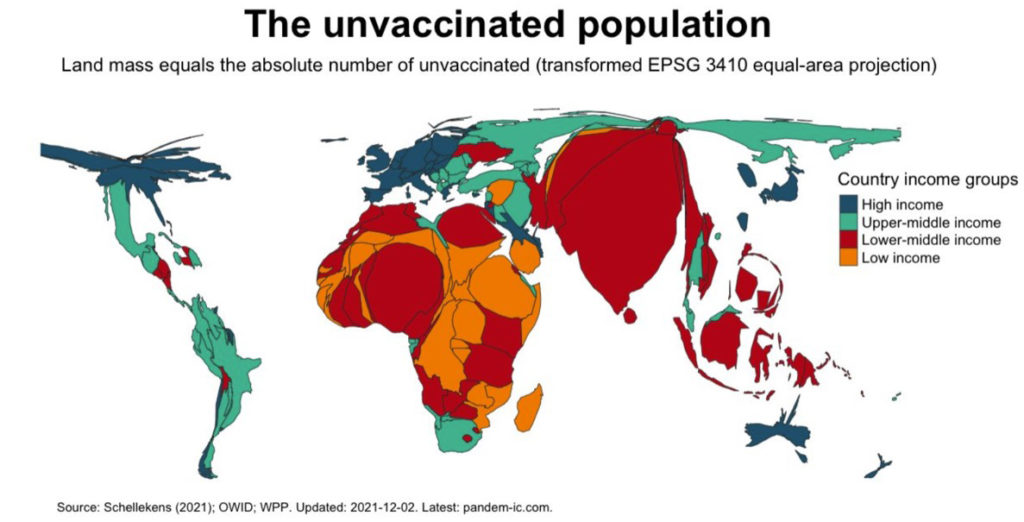
Image source: www.pandem-ic.com
The charts and graphics above clearly show the impact of continued vaccine inequality on the populations of the world’s low and lower-middle income countries. Nearly a year after COVID-19 vaccines became available the global COVID-19 vaccination rates are glaringly divided along the lines of rich and poor, high-income and low-income countries.
Greed has enabled COVID-19 to mutate into yet another new variant because COVID-19 vaccines have not been fairly or equally distributed. Where herd immunity is low, new strains can develop and spread faster amongst local populations, and then quickly spread around the world. Even as Ireland rolls out its COVID-19 vaccine booster programme, tens of thousands, in fact hundreds of thousands of frontline workers, elderly and those facing additional vulnerabilities in the face of COVID-19 in developing countries are left without a single dose. They are left in fear, surviving under heavy restrictions, amongst collapsed formal and informal systems. Wealthier nations have simply turned their back at a time when the world desperately needs global action and solidarity. Higher income countries, with high rates of vaccination, have played a clear role in the development of the newest COVID-19 variant, and without a rapid plan for addressing vaccine inequality, they will continue to shoulder this blame.
Two arguments I hear used as a smokescreen against this assertion relate to developed countries’ contributions to COVAX and also vaccine hesitancy within developing countries. Let me debunk these immediately.
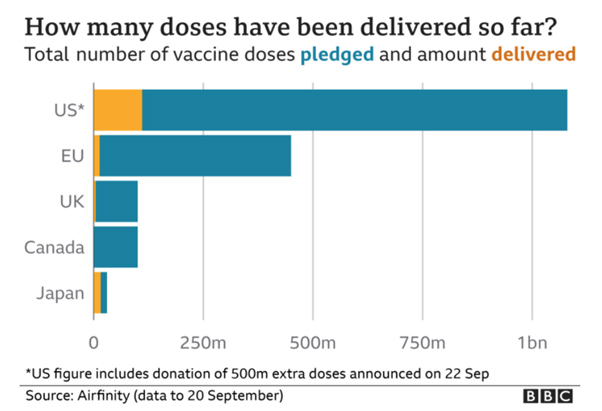
COVAX is a scheme that aims to ensure fair access to COVID-19 vaccines across the nations of the world, and to accelerate vaccine production with the intent to donate sufficient doses to 92 low-income countries. However, the collective COVAX pledge of over 1.5 billion doses, which is the only figure hitting the headlines and political speeches, is met in grim contrast with the actual delivery of less than 120 million vaccines since September 2021, well short of the target for the end of 2021. *2
This leads on to claims of vaccine hesitancy in low and middle-income countries as being a contributing factor to the emergence of new strains. In reality, this is actually an issue across all countries, and not just in poorer regions. With developing countries receiving fewer vaccines than promised under COVAX, receiving doses close to expiry, and an unsteady and unreliable supply in general, is it any wonder that the trust marginalised communities and populations have in these vaccines has eroded?
Misean Cara is a member of The People’s Vaccine Alliance, an international movement of health and humanitarian organisations, past and present world leaders, health experts, faith leaders and economists urging that as safe and effective vaccines are developed and become available, they should be produced rapidly at scale and made available for all people, in all countries, free of charge. Misean Cara stands behind this mission, because as an organisation we believe that a COVID-19 vaccine that is available to everyone, everywhere, free of charge, is an essential commodity for global public health.
There is a short window of time for the world’s higher income countries to truly learn from the results of inequitable vaccine distribution around the world, in order to prevent the development of further and possibly more deadly variants from arising. If you’d like to help by taking action and raising your voice, follow this link to learn more about getting involved in ensuring a people’s vaccine for all: https://peoplesvaccine.org/take-action/
